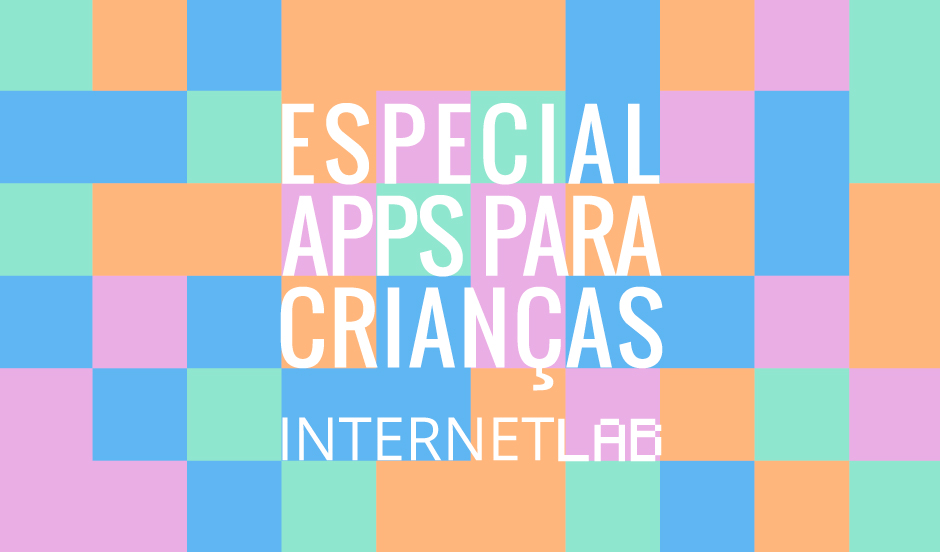
InternetLab releases ‘Children’s Apps’ SPECIAL
Children make a third of the Internet users around the world. In Brazil, 82% of children access the web. For many of them, the interaction mainly happens with the entertainment worlds created by the gaming, drawing and music apps with which they get in touch from a very young age through smartphones and tablets.
Celebrating the Brazilian Children’s Day, we explored these virtual worlds that have a major role in today’s childhood. Our goal was to shed light on the practices of the companies which are responsible for the most popular Children’s apps in Brazil, considering both the use of interactive features (ads, in-app sales, redirecting to social networks) and the processing of personal data. The research will be released on October 16-18th, in posts on the InternetLab blog.
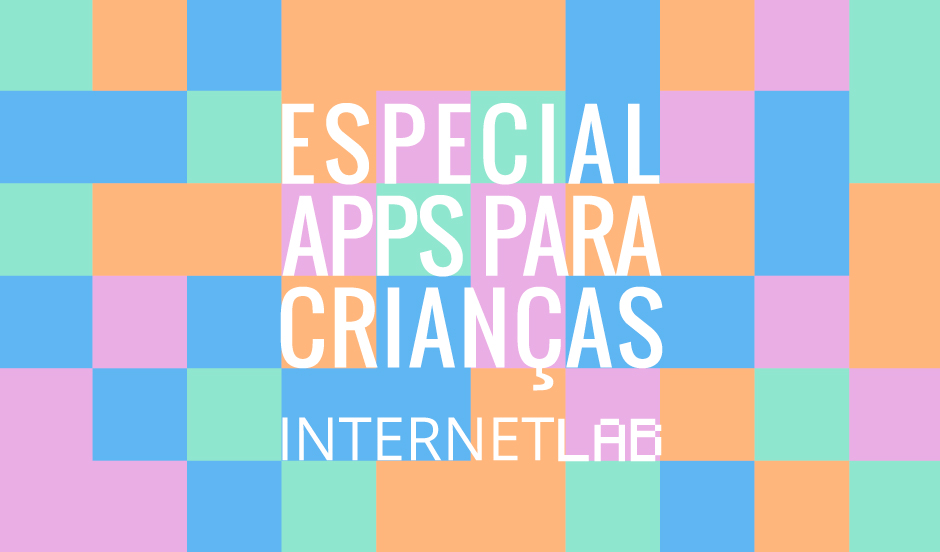
For the release of the Children’s Apps SPECIAL, we will host a live conversation on our Facebook page with InternetLab’s director Francisco Brito Cruz and Beatriz Cardoso, director of the Laboratório de Educação and InternetLab’s advisor.
The concern with the experience of children online exists for some time. Several studies have been made around the world in order to better understand how the use of the internet affects the development of children and to reflect upon which are the responsibilities of parents, companies and even of the State in this new highly-technological environment. Our intention is to contribute to the advance of this debate in Brazil, building bridges between different fields of knowledge, such as education.
What did we do in our research?
We analyzed over 20 apps for children based on the following perspectives:
1. Interactive features: What kind of interactive features are found in children apps? To what are children provoked when using the apps? Do the terms of use and privacy policies inform about these features? Do these functionalities demand the parents’ authorization to be used by children?
2. Consent: How is the obtention of consent about the privacy policy done? Is it possible to see it before using the apps? Are they in Portuguese? Are they specific for the app?
3. Transparency about practices and policies: Do the privacy policies inform which data is collected and for what is it used? Do they inform which data is shared, with whom, and for which purpose? Do they inform about the security measures used for data protection? Do they inform about the mechanisms and possibilities of deleting data from their database?
Each of these topics of concern generated posts that will be disclosed on October 16th, 17th and 18th.
Which apps did we select and how?
On September 25th, 2017 we checked the list of most popular apps on that day on the Brazilian iTunes and Google Play Stores. First, we selected the 5 gaming apps rated for all-ages (or 4+ years-old) with the highest ranking; apps for teenagers, “+9” or “+13” were left out. Then, we selected the 5 most downloaded educational apps in both stores on the same day, in the categories “Education” and “Teaching”, respectively, with the content directed to children.
See the list of evaluated apps:
| Top Free Apps | |
| iTunes | Google Play |
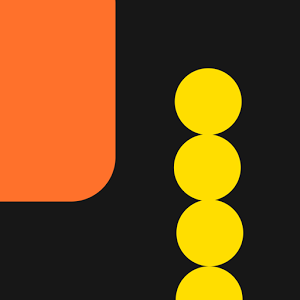 Snake vs. Block |
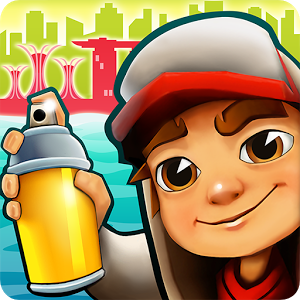 Subway Surfers |
 Once upon a tower |
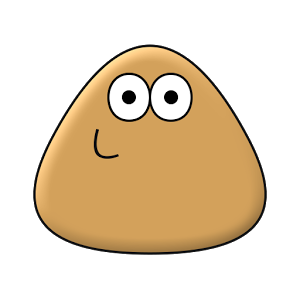 Pou |
 Super Mario Run |
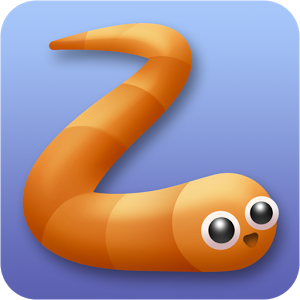 Slither.io |
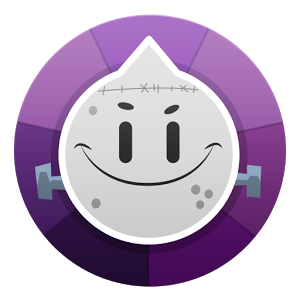 Perguntados |
 Meu Talking Tom |

Football Strike |
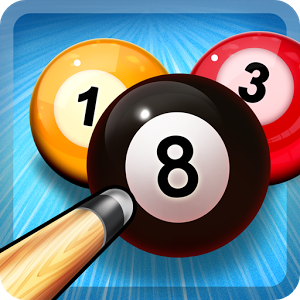 8 Ball Pool |
| Top Free Education | |
| iTunes | Google Play |
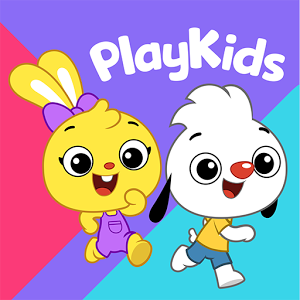 PlayKids: Aprender Brincando |
 Duolingo: Inglês e Espanhol |
 Galinha Pintadinha: Músicas e Jogos para crianças |
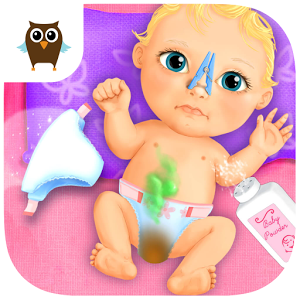 Sweet Baby Girl Doll House – Play, Care & Bed Time |
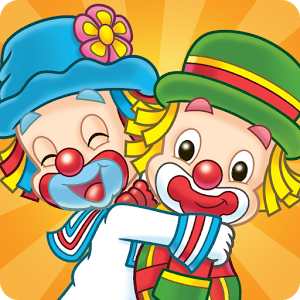 Patati Patatá |
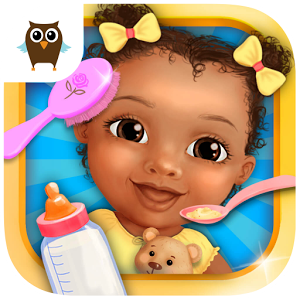 Creche Sweet Baby Girl 4 |
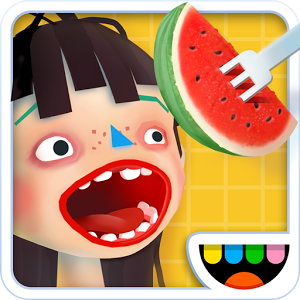 Toca Kitchen Monsters |
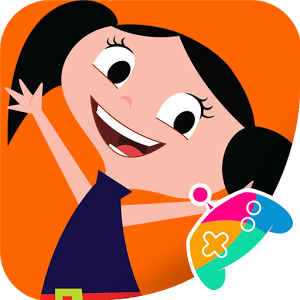 O Show da Luna! Jogos e Vídeos |
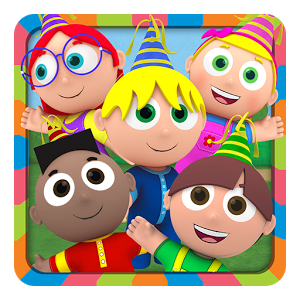 Os Pequerruchos |
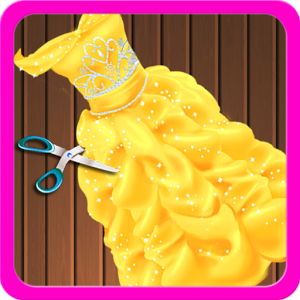 Jogos Boutique Princesa Tailor |
Although the universe of analyzed apps is small, it is an emblematic universe — the most popular children apps at the moment. Our concern was to explore these apps qualitatively and encourage the discussion about the practices of this sector among the most successful apps in terms of dissemination in Brazil.
Team responsible for the project: Francisco Brito Cruz (francisco@internetlab.org.br), Jacqueline de Souza Abreu (jacqueline@internetlab.org.br) and Maria Luciano (maria.luciano@internetlab.org.br). With the collaboration of Dennys Antonialli and Pedro Lima.
Translation: Ana Luiza Araujo